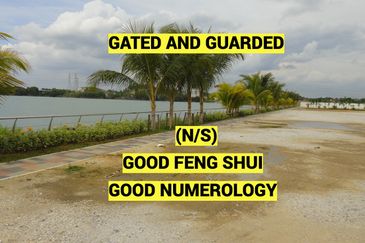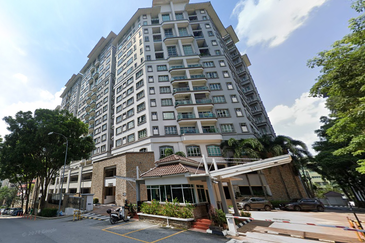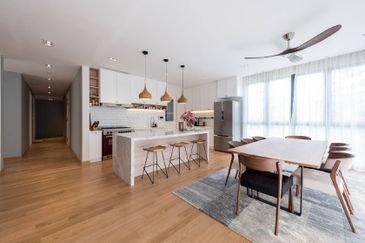PETALING JAYA (Dec 30): Transactions in commercial and investment properties are anticipated to be priced 10% to 20% below their perceived market value in 2017, said Knight Frank Malaysia managing director Sarkunan Subramaniam in a press release on Knight Frank’s real estate round-up of 2016 and outlook for 2017, today.
They will also offer realistic and increased yields in 2017, he said.
“Vendors have more realistic expectations and purchasers are looking for bargains, therefore we expect to see more sales activity,” he added.
Sarkunan also noted that 2016 has been a slow year, and he expects the same for 2017.
He said developers will face lower demand due to the current state of the economy and they will implement various strategies to attract and improve sales.
Meanwhile, Knight Frank Asia Pacific head of research Nicholas Holt noted that the residential market in the Asia-Pacific region has seen a huge divergence in terms of price performance and activity among the different countries.
“China, like in previous years, continued to dominate headlines with residential markets in Tier 1 and Tier 2 cities continuing to see extremely strong price growth, to such an extent that policymakers stepped in yet again with measures to cool off the markets,” said Holt.
Other countries such as Hong Kong and Australia saw similar actions by policymakers whereby Hong Kong saw a further hike in stamp duties in an attempt to slow the market while strong price performance led to further taxes for foreign buyers introduced in a number of states in Australia.
However, the story is different for Southeast Asia and India as they saw sluggish performances.
“In the case of Southeast Asia, a mixture of cooling measures and disappointing economic performance continued to make for weak performance in much of Singapore and Malaysia, while Indonesia and Thailand — two of the region’s past star performers — had seen a slowdown in activity. In India, the market continued to be slow in many of the major cities with weak sentiments continuing to make trading difficult,” said Holt.
Holt expects the region’s residential market in 2017 to pin on two factors — the wider economic environment and policymakers’ actions.
“In the post-Brexit and with the newly elected US president, Donald Trump, and with the likely demise of the Trans-Pacific Partnership (TPP), there continues to be much uncertainty about economic growth prospects. “While on the one hand, this could directly impact residential markets; on the other, uncertainty does drive money away from equity markets into property. Policymakers, whether looking to withdraw measures or implement measures, will continue to have an impact on the market throughout 2017,” said Holt.
Cities that have more sources of growth in technology and creative industries will drive office market space such as in Shanghai, Bengaluru, Seoul and Sydney.
“Meanwhile, those cities that are struggling to find these new sources of growth have tended to see weaker commercial property performance. Markets reliant on commodities, banking and finance, oil and gas, and shipping have all seen knock-on impacts on their commercial property markets whereby Singapore, Perth and Kuala Lumpur, for example, are some of the markets that have seen weaker demand for commercial space over the last 12 months,” said Holt.
Moving forward, Holt noted that countries less reliant on trade will be better insulated from any increase in protectionism and the demise of the TPP, while those which are actively seeing new sources of demand will be best positioned to experience a dynamic market in 2017.
TOP PICKS BY EDGEPROP
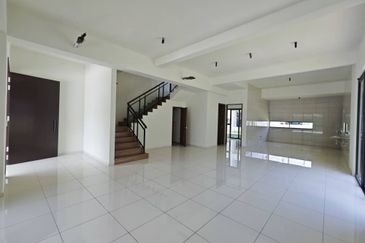
Luxura Residence @ twentyfive.7
Kota Kemuning, Selangor
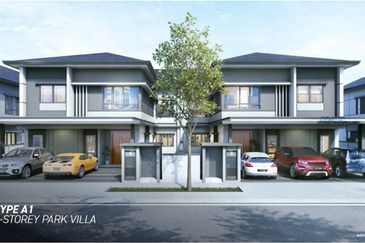
Freesia Residences @ Tropicana Aman
Telok Panglima Garang, Selangor

Bandar Puncak Alam
Bandar Puncak Alam, Selangor


